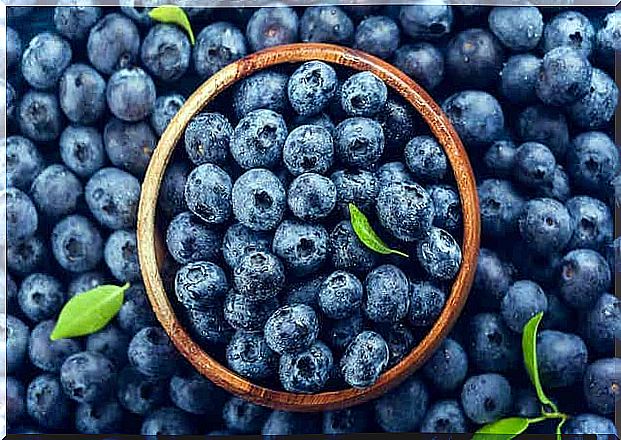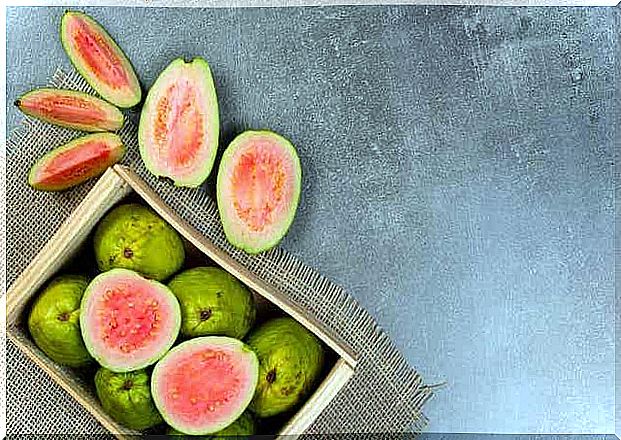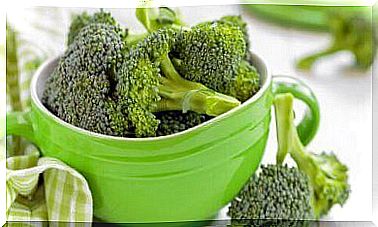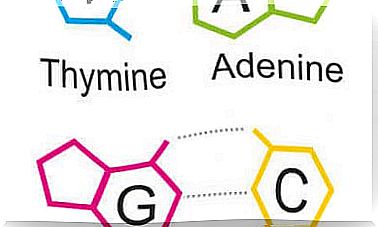Which Fruit Has The Least Carbohydrates?

Did you know that some fruits have fewer carbohydrates than others? Are you interested in knowing which fruits have the least carbs? This is a common issue with fruit, especially among weight loss people.
First, it’s good to remember that fruits are essential to any healthy diet. As noted in the medical journal Medical Advances in Nutrition , their daily intake helps prevent diseases, especially those involving inflammatory processes such as obesity and diabetes. More specifically, this is related to the fact that fruit is rich in micronutrients, including vitamins, minerals and antioxidants.
The carbohydrate content, on the other hand, depends largely on the fruit and its degree of ripeness. Although this macronutrient provides energy, many seek to limit its intake to lose weight more easily.
Various carbohydrates and their sources
First, it should be clear that carbohydrates alone cannot cause weight gain and are not harmful to health. On the contrary: they are essential nutrients – made up of carbon, oxygen and hydrogen – that provide energy and perform certain functions in the body.
However, it is important to keep in mind that there are many different types of carbohydrates and they are also available from different sources. Here are the three most important carbohydrates.
Sugars
On the one hand, there are sugars, or “simple carbohydrates,” which are the most rudimentary form of carbohydrate (the best known is glucose).
If they cluster together, they can form “complex” carbohydrates. They are characterized by a sweet taste and are rapidly absorbed from the intestine. As a result, they may increase the amount of insulin in your blood.
All of these foods are said to have a high glycemic index. Thus, they rapidly raise blood sugar, which is related to their ability to be absorbed.
Starches
These are also known as complex carbohydrates and consist of a combination of numerous sugar molecules. This type of starch is the most abundant in nature, as in this form they are stored in plants.
Tuberous plants such as potatoes, sweet potatoes and cassava are good examples of this. Starch is also found in legumes, whole grains and corn, among others.
Such carbohydrates are good for health because they have a low glycemic index, meaning they are absorbed slowly and do not cause sudden changes in blood sugar levels.
Fiber
Fiber is also a complex carbohydrate. It is a group of substances that can be described as carbohydrates that do not digest in the digestive tract. They are found in vegetables, fruits, grains, grains, beans, nuts and seeds.
The World Health Organization recommends eating 400 grams of fruits and vegetables daily because they provide fiber, and fiber is combined with several health benefits.
Fiber can help in particular in:
- To prevent intestinal problems such as constipation
- To reduce intestinal absorption of cholesterol
- To regulate blood sugar after meals
Which fruits have the least carbohydrates? 8 fruits
All fruits have carbohydrates. However, some fruits have a higher fiber and water content, which means a lower sugar content. Next, let’s look at the fruits with the least carbs.
1. Blueberries
Not only do blueberries have fewer carbohydrates than other fruits, they are also considered to help reduce the risk of disease because they are so rich in fiber, vitamin C, vitamin K, and flavonoids.
For all of these reasons, they help protect the body from DNA damage, which is one of the causes associated with aging and cancer. Indeed, several scientific publications suggest that regular consumption of blueberries can help in:
- To prevent urinary tract infections
- To prevent brain diseases
- To lower blood pressure
- To lower blood sugar

2. Which fruit has the least carbohydrates: kiwis
Kiwis give 15 grams of carbohydrates per 100 grams. This fruit is distinguished by its rich content of vitamin C, which is why kiwis are recommended for the prevention of flu and maintaining the integrity of the skin.
In addition to being low in calories, kiwis provide fiber, folates, potassium, vitamins E and K, and other phytochemicals. According to a study conducted in 2016, regular consumption of these fruits has a beneficial effect on:
- Immune function and antioxidant defense
- Respiratory protection
- Digestive system function
3. Apples
Apples are rich in fluid, fiber, vitamin C, potassium and vitamin K. Studies on apples suggest that they are important in the prevention of chronic non-communicable diseases.
Another important health benefit of apples is the pectin they contain, a type of prebiotic fiber that maintains a feeling of satiety and helps maintain intestinal integrity.
4. Avocado
Avocado is not only a low-calorie fruit but also a source of healthy fats. These include oleic acid, a monounsaturated fatty acid associated with a reduction in low-grade inflammation and cardiovascular health. In addition, avocado contains potassium, fiber and magnesium.
5. Pomegranate
Pomegranate contains bioactive compounds that are beneficial to health. It is used to improve the taste of salads as it is a fresh and low calorie fruit. It is estimated that you get up to three times more antioxidants than green tea or red wine. For this reason, it has been linked to the prevention of inflammatory diseases.
6. Strawberries
Compared to other fruits, strawberries have a low glycemic index. In addition, they provide vitamin C, manganese, folate and potassium. Like other berries, they have significant anti-inflammatory properties, which is why they are recommended to eat in a balanced diet.
7. Orange
Orange is one of the most popular citrus fruits. It contains vitamin C, potassium, folate and thiamine. It is also a good source of fiber, which is why it contributes to satiety and digestive health.
8. Guava
Guava is a tropical fruit with great nutritional value: it provides fiber, folate, vitamins A and C, potassium, copper and manganese. It also contains antioxidants and pectin and is low in calories.

Which low carb fruits should you remember?
We mentioned just a few fruits here, but the list of low-carb fruits is actually much more comprehensive. In addition to low carbohydrates, the fact that they provide health-protective compounds should not be overlooked. Although they contain sugars and starch, they do not raise blood sugar levels too much.
It is also not true that eating fruit will make you fat, even if they contain carbohydrates. Rather, they are essential foods that are part of a healthy and balanced diet.









